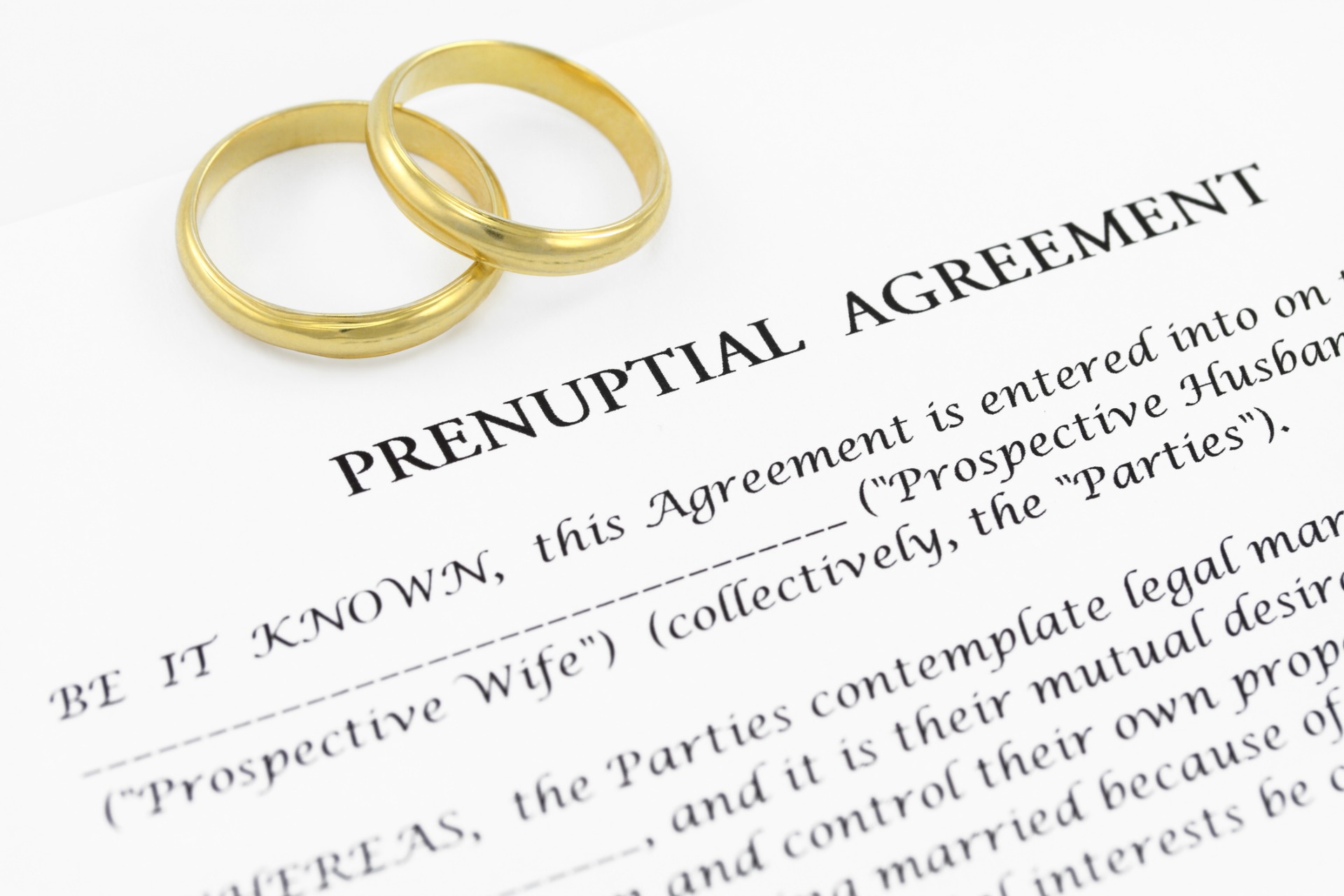Sometimes an estate plan includes something called an “ethical will” to serve as a reminder of who the person was that left the estate behind when they passed away. Despite its odd name, the idea behind this type of will is fairly simple. Sometimes the person creating a will wants to include something more personal, that doesn’t consist of physical materials or assets, for the recipient to continue some aspect of their legacy.
It’s just one of numerous types of wills one might come across in family law:
- Last Will and Testament
- Ethical Will
- Spendthrift Trust
- Living Will
If you’re helping someone with their will, considering formulating your own or have been named in a will, here are some things to know about ethical wills.
What Is Contained in an Ethical Will?
Passing on something in an ethical will is like willing your personal values to someone important to you, perhaps the youngest generation in your family. The will itself may read as ruminations, or thoughts and lessons about important ideas and values that have shaped the person’s culture and worldview. But it may also contain items, just not the kind people tend to associate with wills.
Common items left in an ethical may include:
- Meaningful traditions you hope to pass on to future generations;
- Lessons you’ve learned from important people in your life;
- Values you hope will influence your children and grandchildren;
- Favorite authors and books; and
- Other items that represent the ideas the testator wants to be remembered for.
Do Estate Plans Require Ethical Wills?
Whether to leave an ethical will behind is purely a personal decision and not a requirement in any estate plan. However, an ethical will can play a role in resolving disputes between beneficiaries in an estate since it provides insight into the intentions of the testator.
Is an Ethical Will Legally Binding?
No, unlike traditional wills, ethical wills are not legally binding documents. Therefore, they tend to include items that don’t possess much monetary value. If you’re wondering what that might mean in your life, think about the kinds of things that hold a special meaning for you, such as:
- Photographs
- Family heirlooms
- Other personal belongings
How Is an Ethical Will Different from a Last Will and Testament or a Spendthrift Trust?
A regular will, or Last Will and Testament, is typically used as a vehicle for bequeathing money, real estate, and other tangible assets.
In contrast, an ethical will is more an expression of the values of the person leaving it than anything else. In high-income families, the question of what people will do with their inheritances – how they will behave, whether they will spend the money wisely – can be a cause of concern.
Naturally, leaving money to charity is an option. But some people want to leave behind an expression of their values every bit as much, if not more, than their financial assets. Knowing they may not be around to influence or help guide younger generations, they may search for other options. Therefore, an ethical will is simply another form of leaving a part of you behind, perhaps even the part that matters to you the most.
A spendthrift trust can be a whole document or simply a clause in a will. In it, people leaving a substantial amount of money to loved ones may add stipulations as to how the money gets spent. These tend to be practical intentions aimed at:
- Covering medical bills;
- Helping fund a home mortgage or other living expense;
- Paying for the recipient’s college tuition;
- Paying off other expenses; or
- Supporting someone with special needs.
Contact Family Lawyer David King to Help You Create and Enforce Legal Documents
Wills can sometimes play a role in the lives of a couple after they’ve divorced. At the Law Office of David A. King, P.C., we have a track record of assisting a diversity of clients with every aspect of family law. They have found that it helps to consult with a legal expert who can provide a smart, appropriate and efficient legal strategy as it pertains to their individual case. Whatever the subject matter, we ensure that the client’s rights and personal goals are front and center throughout the process.
Do you have questions about how the existence of a will might affect you after your divorce? Contact the Law Office of David A. King, P.C. to schedule a free consultation today.




